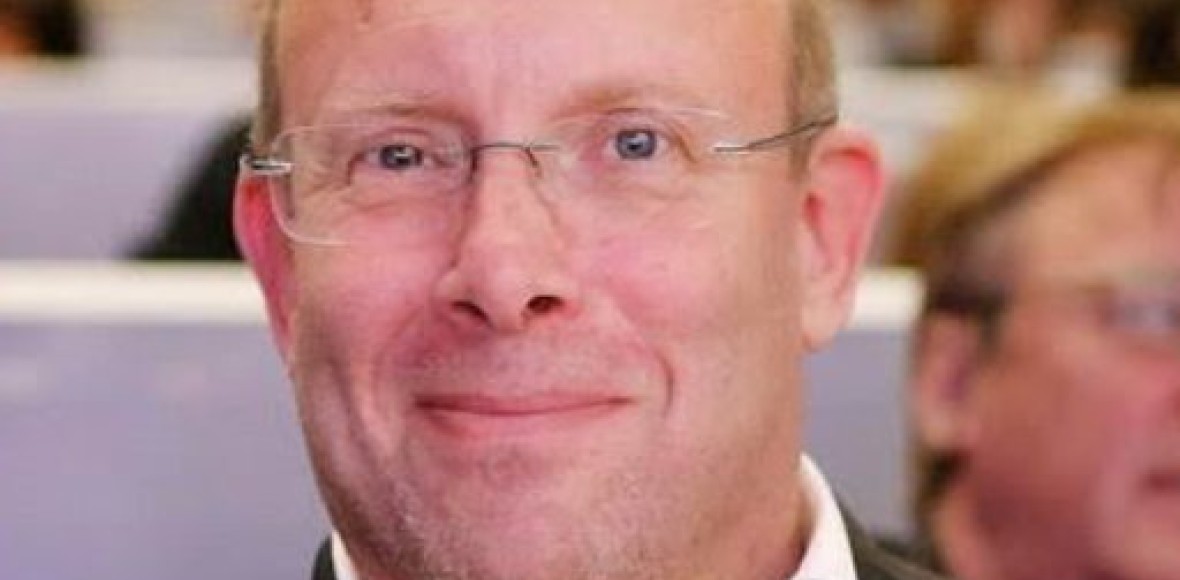
By Raisa Okwaras,
The United Nations Committee on the Rights of the Child Vice-Chair and Doctor of Psychology Professor Phillip D. Jaffe in a webinar centered around child participation today asked children to tell child experts and child-led organizations things they experience that state bodies fail to cover.
For decades, actions and decisions taken by children have, to a greater extent, been influenced by adults. We can term the majority of that as tokenistic child participation since it fails to consider all the facets of child participation.
The United Nations Committee on the Rights of the Child (UNCRC) defines child participation as an ongoing process that includes information-sharing and dialogue between children and adults based on mutual respect, and in which children can learn how their views and those of adults are taken into account and shape the outcome of such processes.
With that, Mtoto News International today had an interesting webinar centered around finding out what children term child participation. We had a panel of children and child experts to inform us so that we understand it and fix where we have been doing it wrong.
One of our child panelists was Brian, who when asked, stated that he feels like children are not involved enough in decisions affecting them. He gave an example of our governments not having child representatives in parliament. In addition, the democratic process of electing school representatives and prefects is not fair to children.
“For instance, I don’t think my family considered my take when we moved places. I was going to lose my friends, my basic society, and the school I had grown to love, yet no one asked me if I was okay with the move,” said Brian.
On leadership and governance, Brian stated that children do not have an issue bringing forth their issues. However, if children speak out and give suggestions, are our leaders going to listen and implement them? Children want to know what the Kenya Children Assembly secretariat is doing to ensure that the leaders listen to the children.
King Etienne from Burundi stated that he is part of Haki Ambassadors of Child Rights, a community that is fighting for the rights of children in Burundi. Kenya, too, has clubs like Child Protection Clubs enabling child participation at the school level.
In Kenya, despite the Kenya Children Assembly being recognized by the parliament, children are yet to feel involved in decision-making. A great challenge is little to no facilitation of resource allocation for child participation.
According to the UN Committee on the Rights of the Child Vice-Chair Professor Phillip D. Jaffe, there is a long way to go before children are fully incorporated into meaningful decision-making roles in our societies.
“I do think and believe that creativity, energy, and passion stand with children. And if we have a better world ahead of us, it is only because children are going to make that difference,” he said.
The child expert also mentioned that even though the time they engage with children is little, it is substantial compared to the time they spend with official delegations.
“For example, whenever a state party, a country, comes before the committee, we try very hard to meet with the delegation of children. We are also pushing for every country that prepares its periodic reports on the state of children’s rights in that country to have a participatory process in which children take part,” he said.
Furthermore, he insisted on how having child involvement in decision-making is instrumental towards societal development.
“There has been a clear understanding of the need for more space and more decision-making power for children and young people. There is a process flowing through the UN right now to incorporate young children and young people’s views in a more meaningful and authentic manner,” said the UN Committee on the Rights of the Child Vice-chair.
“My biggest encouragement to children and child-led organizations is to get information to us. Tell us what is happening on the ground, what you are observing, and what your fellow children are experiencing and are subjected to that we are not necessarily learning from state entities, governments, and specialized entities,” he added.
Loving our content? Subscribe to our newsletter for daily content and help us make children visible.

Leave a Reply